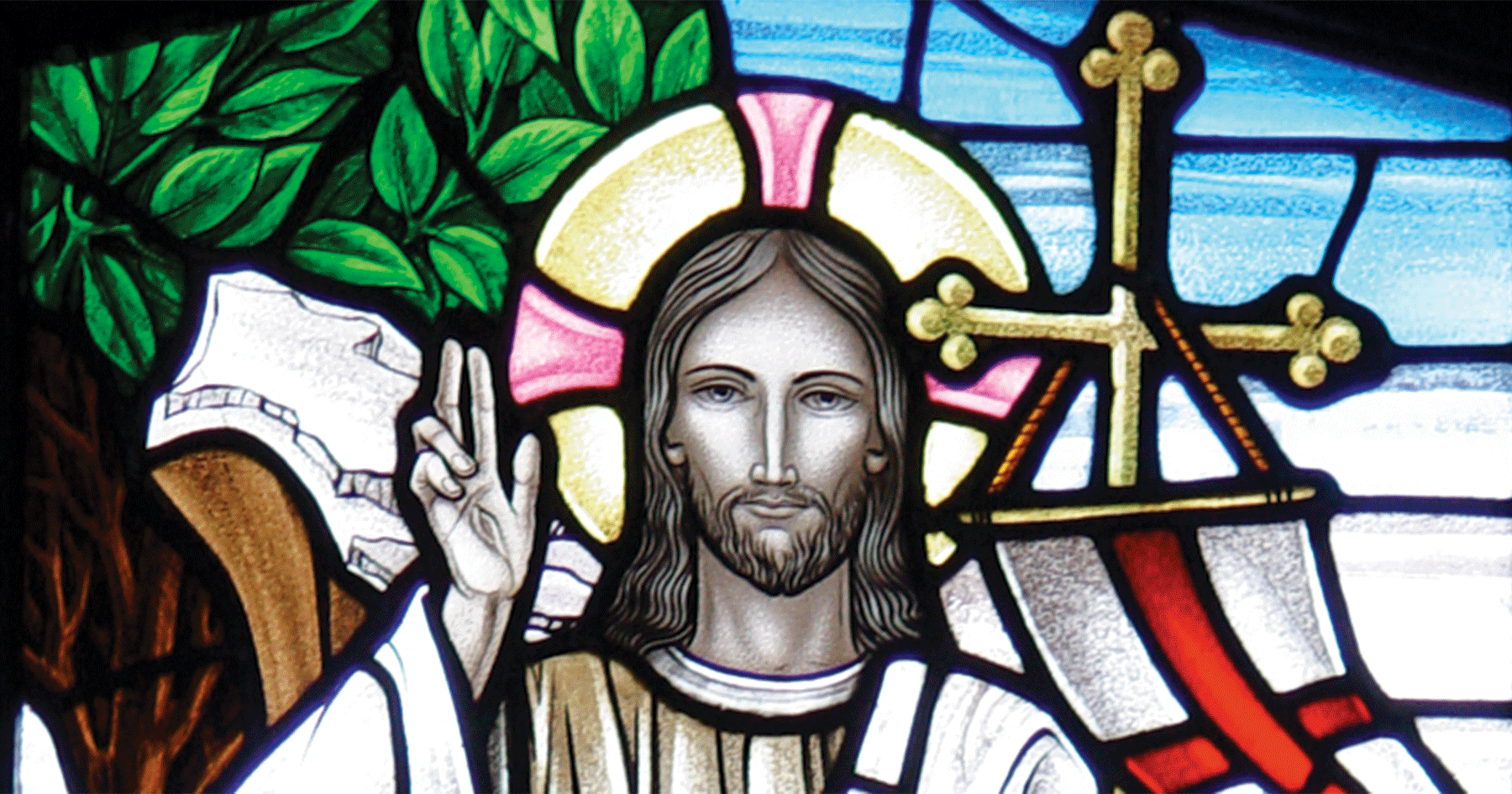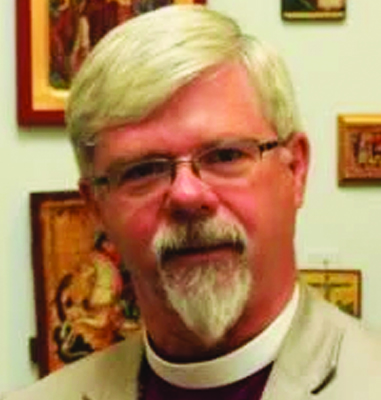The solemnity of Lent has called us to an in depth review of our attempts to live out the ‘Shema’, the Summary of the Law, or ‘Hear, O Israel’. “Love the Lord your God with all your heart, all your soul, all your mind, and with all your strength, and love your neighbour as yourself.” The Preface to the Daily Offices of Morning, Noonday, and Evening Prayer in the BAS tells us that, “The Apostles’ Creed and the Hear, O Israel are complementary, the first stresses faith as teaching, the second emphasizes faith as action.” The review of our active faith is a demanding review, one in which we often find ourselves falling short, but also one in which we find a vision of God’s call to us, both as individual disciples of Christ and as Church. Our review processes renew us, and, I would hope, reengage us with self, God, and neighbour in a world filled with hurt and brokenness.
Part of our Lenten review process is penitential. We tend to focus on the temptations, trial, passion, death and burial of Jesus and how our present activities contributed to Jesus’ crucifixion. In so doing, we of the Western Church tradition usually put acts of joyous praise, such as the shouts of “Alleluia,” aside during Lent as we focus on the pathos of it all. The shouts of “Alleluia” are reserved for Easter and the joys of life in the risen Christ. For the Churches of the Eastern tradition, it is a far different matter.
Several years ago, I took part in a course on ‘Eastern Church Holy Week and Easter’ through St. George’s College in Jerusalem. During the course of the week, as we attended a rich variety of liturgies in various of the Churches, I became conscious of the singing of Alleluias. This was Holy Week, a time when our Church even omits the “Glory be,” yet as the week progressed the use of ‘Alleluia’ became more and more pronounced in these Churches. I asked the Course Leader about the phenomenon, and was told, “Just wait until Good Friday. The whole liturgy will resound with ‘Alleluia’ that day. You see, in Eastern thought it is Good Friday, not Easter, that is the central act of salvation.” He went on to explain that in Eastern Church theology the Resurrection is joyous promise to us — as Christ is risen to new life, so too we may be risen to new life in Christ. It is, however, the death of Jesus that makes this new life possible.
Far from being a funereal and somber day, Good Friday is the day in which salvation came to the world – that is a matter for joy, not mourning. Two of the Anthems available for use in the Good Friday liturgy have us say, “We Glory in your cross, O Lord, and praise and glorify your holy resurrection; for by virtue of your cross joy has come to the whole world.” — and — “We adore you, O Christ, and we bless you, Because by your holy cross you have redeemed the world.” It is for that very reason that we call this seemingly horrid day of betrayal, abandonment, and death “Good” Friday.
As the print version of The HighWay is beginning to be received into our homes this month, we are in Holy Week. We have journeyed with palm fronds, shouting “Hosanna!” And we have stood in the crowd crying, “Crucify Him!” With the Disciples we have fallen asleep as Jesus prayed; we have fled from him; we have betrayed and denied him; and we have watched from afar as he died. Like the Disciples, we see the pathos of these events and see no reason for joy. Yet, we are the recipients of the resurrection witness of Mary Magdalene, and of the witness of generations of people of faith since that first resurrection morning. Over and over again we are told in the Gospels that the Disciples doubted Mary’s message, or that they doubted — even when they saw Jesus. Yet the fear and the doubt turned to joy as the reality of the resurrection sunk in.
In their grief, in their fear, in their doubting, and in their joy — except for one of them — they stuck together; they prayed together; they worked together supporting one another; and after the outpouring of the Holy Spirit at Pentecost they went out and, to a hurting and broken world proclaimed, “the Lord’s death until he comes.”
Through this Holy Week and Easter, how might we join them in like witness?!
Alleluia!
Yours in Christ,
+James


